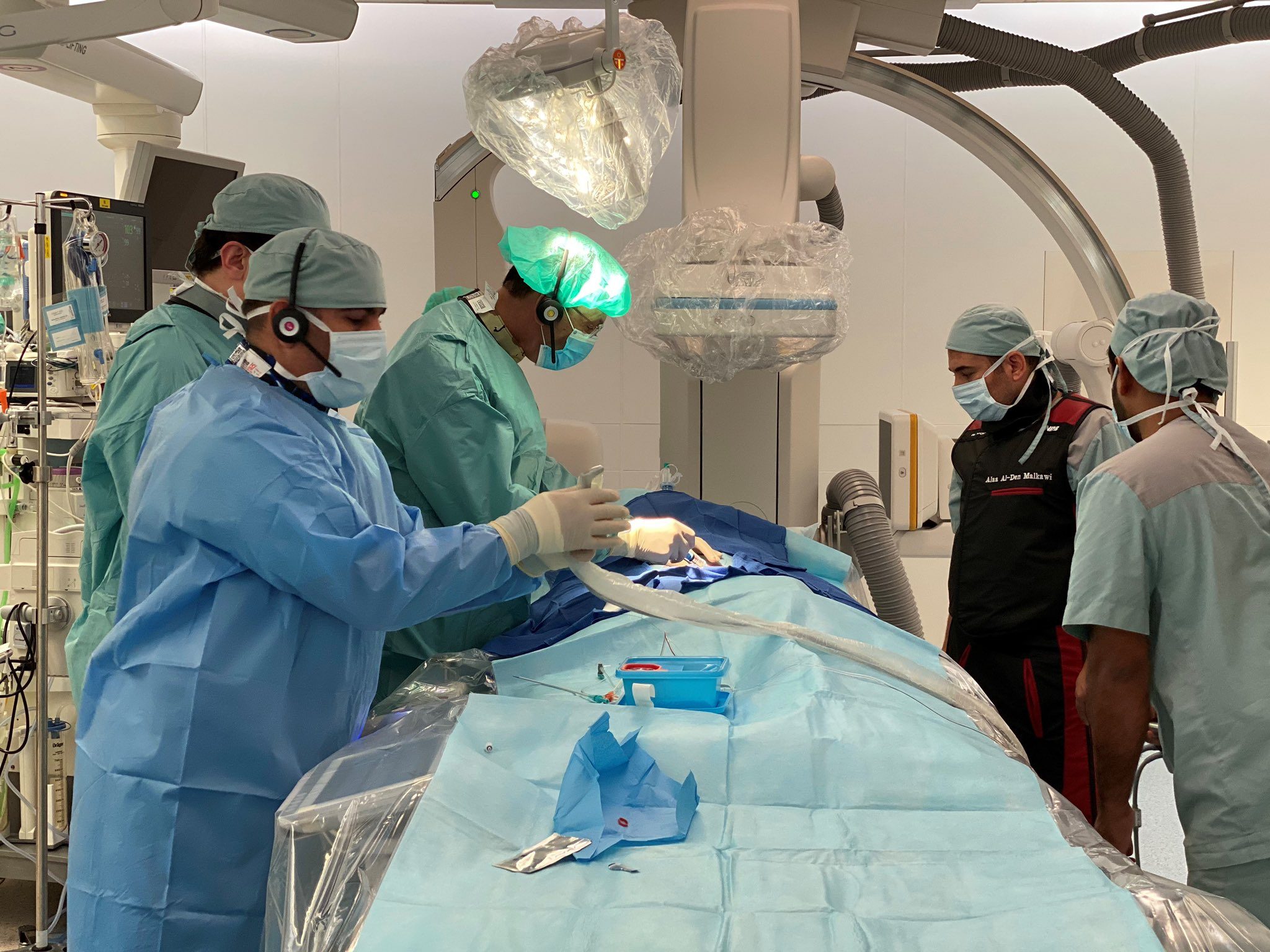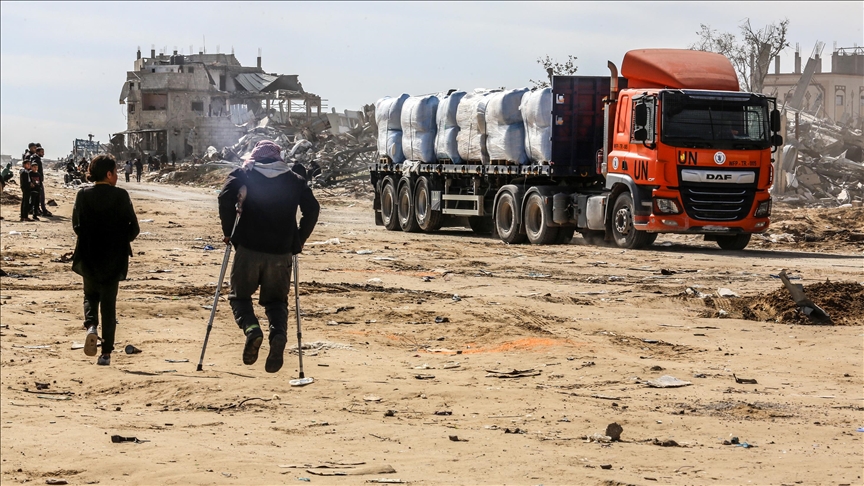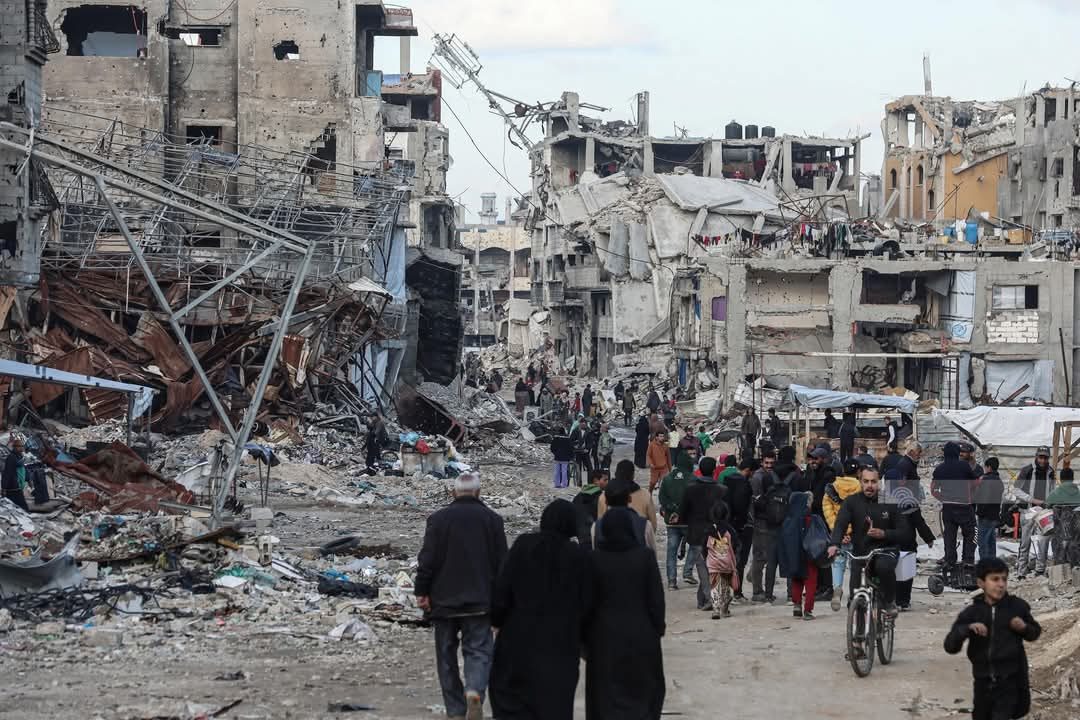The state of the art hospital and research center looks back at its success on ‘World Heart Day’.
Experts from Sidra Medicine’s Heart Center have saved the life of a boy born with Wolff-Parkinson-White (WPW) syndrome, an rare condition that affects only 1 to 3 in 1,000 people worldwide.
Abdullah, the 16-year-old patient, was rushed to Sidra Medicine after his heart started violently beating while experiencing shortness of breath, which is a common symptom of WPW due to an extra electrical connection in the heart.
“It was the third time round, once he reached 16, that one day suddenly his heart rate started rapidly beating again and despite his protestations that he felt better after throwing up, we still called an ambulance and were rushed straight to Sidra Medicine,” said his father.
According to him, Abdullah was put under observation when he arrived at the hospital and the Heart Center team performed an electrocardiogram (ECG) test and 3D mapping on him— that was when doctors diagnosed him with WPW.
“Our world changed, when we were informed that he had Wolff-Parkinson-White syndrome, as we weren’t expecting our son to be diagnosed with a heart condition as a young adult,” said his father.
The 16-year-old previously experienced similar episodes growing up, where he would suffer severe dizziness and would only feel relieved once he vomited. He had to adjust his life as an active and energetic young man despite not knowing exactly what it was he was suffering from because his family had not received proper diagnoses from other doctors.
“Wolff-Parkinson-White syndrome is a fairly rare heart condition present at birth. In many people, symptoms may not develop until later in life and some people only experience mild episodes of their heart racing,” said Dr. Volkan Tuzcu, Senior Attending Physician and Clinical Lead of the Electrophysiology Cardiology service at Sidra Medicine.
According to Dr. Tuzcu, despite being a curable disease, WPW can be life-threatening in rare cases.
“We were concerned that Abdullah was at high risk unless we performed an ablation procedure straight away as it turned out he was one of those with the rare kind of WPW, where risk of cardiac arrest was very high. The conduction of his abnormal electrical pathway was extremely fast and dangerous,” added Dr. Tuzcu.

Read also: Qatar pioneers new study on gene-environment
Dr. Tuzcu is an internationally recognized leader in his field and the founder of comprehensive electrophysiological and catheter ablation procedures without the use of fluoroscopy (X-ray) in children and adults, the procedure which he executed on Abdullah. The ablation procedure also eliminated the risk of exposing the teenager to prolonged radiation.
The three-hour procedure often involves inserting a catheter through a vein in the leg, but doing so was difficult in Abdullah’s case as the pathway was hard to get to from the same vein. His electrical pathway was located outside his heart, making the procedure even more complex. As a result, the team inserted the catheter through Abdullah’s neck, which was a success and follow up tests revealed that the teenager’s condition was reversed.
“To think that within a span of days, our son went from being at a very high risk of dying from cardiac arrest should an unforeseen episode take place, to being completely cured of the syndrome,” said Abdullah’s father. “Nothing fills my heart with love and pride to see my son now happily playing sports, being active and being a normal teenager knowing that inshallah he won’t face the risk of another episode again,” continued Abdullah’s father.
In recognition of ‘World Heart Day’ on September 29, Dr. Tuzcu emphasised the importance of parents paying closer attention to their children’s health.
“We would like to also take the opportunity to let parents know to be vigilant and to always seek follow up consultation or consider getting a second opinion, even if your child insists they are ok after an episode,” said Dr. Tuzcu.
Follow Doha News on Twitter, Instagram, Facebook and Youtube







